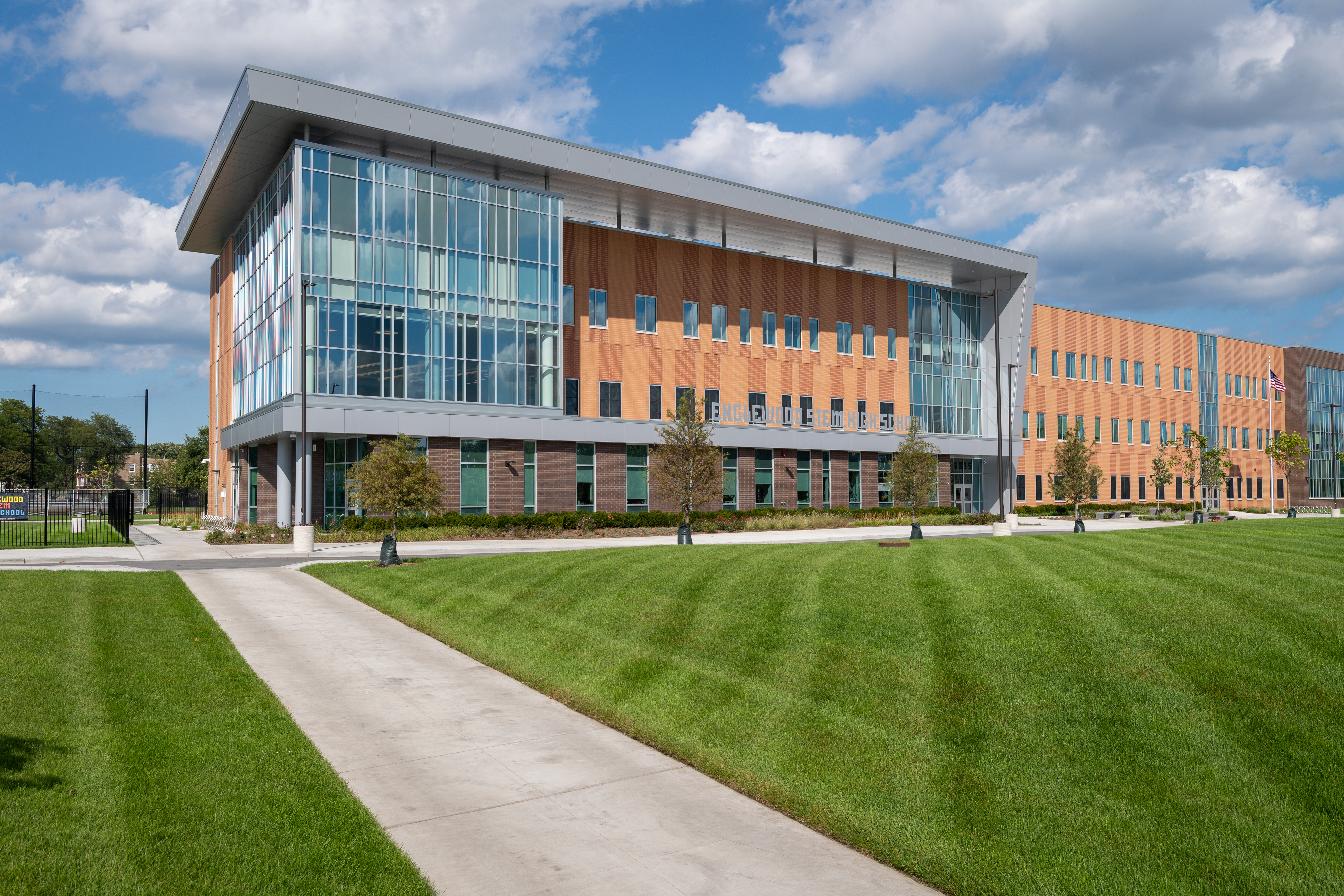The Impact of College Environments on Academic Success and Personal Health
The school environment significantly affects both academic success and individual well-being, encompassing elements such as physical design, class atmosphere, and social characteristics. The style of academic spaces, consisting of natural lighting and ergonomic furniture, can improve trainees' concentration and comfort. In addition, the high quality of teacher-student relationships and the nature of peer communications play crucial duties in promoting an environment for finding out and emotional assistance. Recognizing just how these numerous aspects interplay to form pupil end results elevates crucial inquiries regarding optimizing educational setups for holistic growth. How can colleges tactically boost these aspects to much better support their students?
Physical Layout and Layout
Just how does the physical format and layout of an institution effect scholastic success? The setup and visual of a school environment can considerably influence pupils' discovering results.
Natural lighting and efficient air flow systems are pivotal in enhancing cognitive function and lowering absence. Researches have actually revealed that classrooms with ample natural light boost pupil concentration and lower feelings of sleepiness. Furthermore, ergonomic furniture customized to students' needs can avoid physical discomfort, permitting prolonged emphasis and engagement in scholastic activities.
Accessibility to outside rooms and visually pleasing environments additionally play an important function - Save Temecula Schools. Eco-friendly rooms and well-maintained college premises supply possibilities for workout and psychological leisure, both of which are very important for keeping high levels of scholastic performance. Basically, an attentively designed physical setting can serve as a stimulant for scholastic quality, cultivating an atmosphere that supports both mentor and understanding
Class Environment
A positive class ambience is fundamental to accomplishing scholastic success. An environment that cultivates a feeling of safety, inclusivity, and mutual respect encourages pupils to engage more actively in their learning processes. The ambiance of a classroom, including aspects such as lights, noise degrees, and seating plans, can dramatically affect trainee concentration and motivation. A well-ventilated, well-lit class with marginal diversions can boost cognitive function and lower tension, therefore promoting much better academic end results.
Additionally, the classroom environment should support a culture of collaboration and open communication. They are more likely to engage deeply with the material and establish vital thinking abilities when trainees really feel comfortable sharing their ideas and asking inquiries. Peer communications and team activities can enhance understanding by fostering and giving varied perspectives synergy
Furthermore, establishing constant routines and clear expectations can create an organized environment that enables pupils to concentrate on their researches. By reducing uncertainty and supplying a predictable framework, pupils can much better manage their time and duties. Ultimately, a favorable classroom ambience not only boosts academic efficiency however likewise adds to the general wellness of pupils, preparing them for future instructional and personal endeavors.
Teacher-Student Relationships
Building on the importance of a favorable class ambience, the partnerships in between teachers and trainees play an essential duty in forming academic success. A healthy and balanced teacher-student partnership promotes a discovering atmosphere where students feel valued, recognized, and sustained, which dramatically enhances their motivation and engagement. When trainees regard their educators as Source friendly and empathetic, they are most likely to participate actively in course and seek help when needed, adding to a much deeper understanding of the subject.

This trust fund enables pupils to express their concepts and issues freely, promoting a joint learning setting. In essence, solid teacher-student relationships are a keystone of academic success, playing a vital function in both academic achievement and individual development.
Peer Interactions
Peer communications dramatically affect scholastic success by shaping a pupil's cognitive and social growth. Positive peer communications can improve a student's inspiration and involvement in scholastic tasks with collaborative learning and mutual assistance.

Efficient peer communications additionally contribute to the growth of vital life abilities, such as communication, participation, and conflict resolution. These social proficiencies are vital for both academic go to website success and individual wellness, underscoring the importance of promoting favorable peer dynamics within the institution setting.
After-school Activities
Involving in extracurricular tasks plays a crucial function in a student's academic success and personal growth. These activities, ranging from sporting activities teams to dispute clubs, offer trainees possibilities to develop useful skills such as management, time monitoring, and team effort. Research study continually suggests that trainees that take part in after-school activities have a tendency to attain greater academic efficiency. This connection is typically credited to the organized environment and the self-control needed to balance both extracurricular and academic dedications.
Additionally, extracurricular involvement promotes a feeling of belonging and neighborhood, which is important for individual well-being. Taking part in team activities permits trainees to develop and enhance socials media, enhancing their social and emotional intelligence. These interactions are vital for developing social abilities that are useful in both future and scholastic professional atmospheres.
Furthermore, extracurricular tasks give a useful outlet for students to discover their passions and passions beyond the typical curriculum. This expedition can lead to the more information exploration of new skills and potential profession paths, additionally encouraging pupils to involve more deeply in their scholastic work. To conclude, the function of extracurricular activities expands past mere recreation; they are integral to fostering an all natural academic experience that advertises both academic success and individual development.
Conclusion
In sum, the influence of institution atmospheres on both scholastic success and personal wellness is profound. Thoughtfully developed physical layouts and class, along with positive teacher-student connections and constructive peer communications, significantly improve student motivation and interaction. The existence of helpful teachers can mitigate stress, promoting a supporting environment conducive to holistic growth. These elements jointly underscore the importance of developing and preserving ideal college atmospheres for the benefit of pupils' academic and personal growth.
Eventually, a positive classroom ambience not just boosts academic efficiency yet also contributes to the total well-being of pupils, preparing them for future educational and individual ventures.
